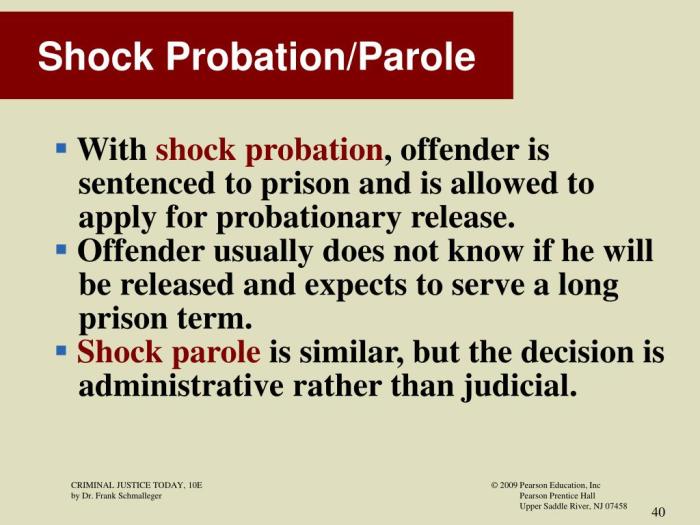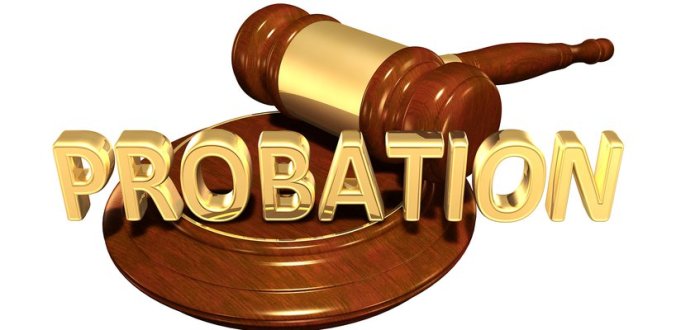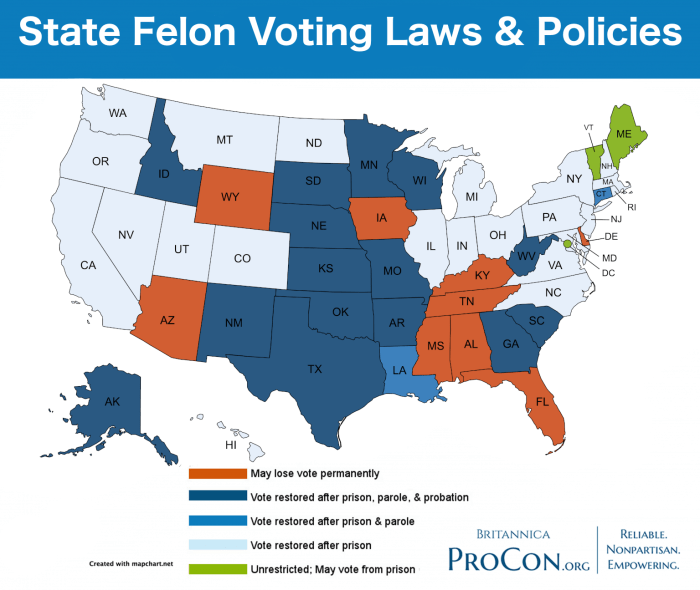Shock probation in felony convictions is a unique and controversial sentencing option that has sparked extensive debate. This article delves into the intricacies of shock probation, exploring its purpose, eligibility criteria, and the complexities surrounding its use.
The article examines the factors that influence eligibility for shock probation, including the nature of the offense, criminal history, and personal circumstances. It also discusses the process of obtaining shock probation, the conditions and duration of the probationary period, and the consequences of violating its terms.
Shock Probation in Felony Convictions

Shock probation, also known as judicial diversion, is a sentencing alternative granted to certain individuals convicted of felonies. It allows the court to impose a period of probation instead of immediate incarceration, with the aim of providing an opportunity for rehabilitation and reducing recidivism.
Eligibility Criteria for Shock Probation
Eligibility for shock probation typically requires the following criteria to be met:
- The offender must be a first-time felony offender.
- The offense must not involve serious bodily injury or death.
- The offender must have no significant prior criminal history.
- The offender must demonstrate a likelihood of successful rehabilitation.
Process for Obtaining Shock Probation
The process for obtaining shock probation typically involves the following steps:
- The offender must file a motion with the court requesting shock probation.
- The court will hold a hearing to consider the motion.
- The offender must present evidence to support their request for shock probation.
- The court will issue a ruling on the motion.
Conditions and Duration of Shock Probation
Shock probation typically involves the following conditions:
- Regular reporting to a probation officer
- Completion of community service
- Substance abuse treatment
- Mental health counseling
The duration of shock probation is typically one to three years.
Effectiveness of Shock Probation
Research has shown that shock probation can be effective in reducing recidivism among felony offenders. One study found that offenders who received shock probation were 20% less likely to be rearrested within three years than those who were sentenced to prison.
Criticisms and Controversies Surrounding Shock Probation
Shock probation has been criticized for being too lenient and for giving offenders a second chance that they do not deserve. Some critics argue that shock probation should only be granted to nonviolent offenders and that violent offenders should always be sentenced to prison.
Alternatives to Shock Probation, Shock probation in felony convictions
There are a number of alternative sentencing options that may be considered for felony offenders who are not eligible or suitable for shock probation. These options include:
- Intermediate sanctions, such as electronic monitoring or house arrest
- Drug courts
- Mental health courts
Expert Answers
What is the purpose of shock probation?
Shock probation aims to provide a second chance for felony offenders by allowing them to serve a portion of their sentence in a community setting under supervision. It is intended to deter future criminal behavior, promote rehabilitation, and reduce recidivism.
Who is eligible for shock probation?
Eligibility for shock probation varies depending on the jurisdiction and the specific criteria established by the courts. Generally, individuals with no prior felony convictions, a low risk of recidivism, and a strong support system may be considered for shock probation.
What are the conditions of shock probation?
Individuals granted shock probation are typically subject to strict conditions, such as regular reporting to a probation officer, abstaining from alcohol and drug use, maintaining employment or education, and avoiding further criminal activity.
What are the consequences of violating shock probation?
Violating the conditions of shock probation can result in the revocation of probation and the imposition of the original sentence. The court may also impose additional sanctions, such as fines or imprisonment.
Is shock probation effective in reducing recidivism?
Research findings on the effectiveness of shock probation in reducing recidivism are mixed. Some studies suggest that it can be effective, while others indicate that its impact may be limited.

